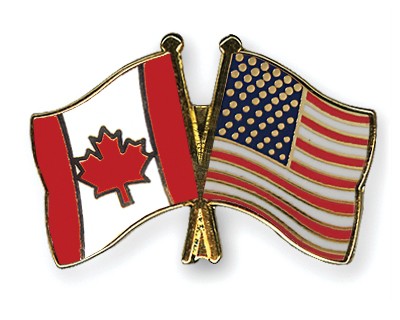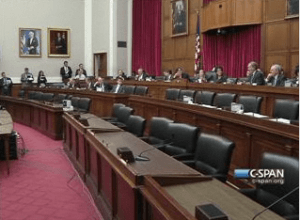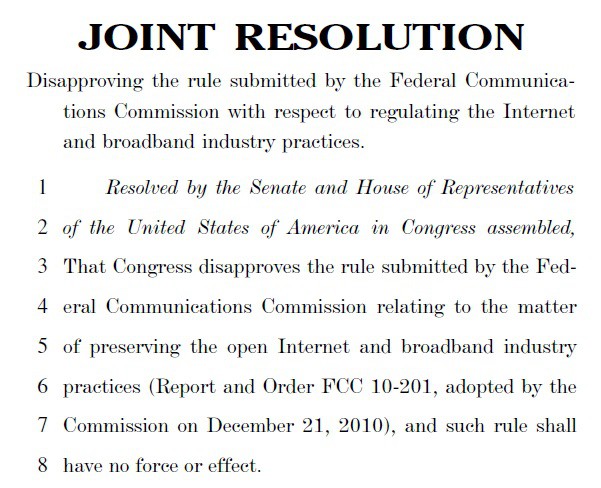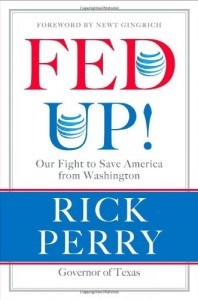The Wall Street Journal attempted to attach its own conventional wisdom in an opinion piece about cloud-based streaming that suggests Canada “is just ahead of the U.S. in introducing usage-based pricing [and] has bloggers and politicians accusing Bell Canada of unconscionable ‘profiteering’ from usage caps. The company, they rage, is reaping huge fees for additional units of bandwidth that cost Bell Canada virtually nothing to provide.”
The author, Holman Jenkins, is a regular on the ultra-business friendly editorial page of the Journal, and has been raging against Net Neutrality and for higher Internet pricing for several years now.
Jenkins’ latest argument, just like his earlier ones on this subject, falls apart almost immediately:
This critique, which is common, could not more comprehensively miss the point. Another car on the roadway poses no additional cost on the road builder; it imposes a cost on other road users. Likewise, network operators don’t use overage penalties to collect their marginal costs but to shape user behavior so a shared resource won’t be overtaxed.
Jenkins needs to spend less time supporting his friends at companies like AT&T and Bell and more time exploring road construction costs. If you are going to try and make an analogy about traffic, at least get your premise straight.
Before debunking his usage-based billing meme, let’s talk about road construction for a moment. In fact, the kind of traffic volume on a roadway has everything to do with what kind of road is constructed. In the appropriately named “Idiots’ Guide to Highway Maintenance,” C.J.Summers explores different types of road surfaces for different kinds of traffic. Light duty roads in rural areas can get results with oil and stone. Medium duty side streets and avenues are frequently paved with asphalt, and heavy duty interstates routinely use concrete. Traffic studies are performed routinely to assist engineers in choosing the right material to get the job done.
Digital information doesn’t wear down cables or airwaves. If broadband traffic occupies 5 or 95 percent of a digital pipeline, it makes no difference to the pipeline. Jenkins is right when he says Internet Overcharging schemes are all about shaping user behavior, but for the wrong reasons.
Jenkins thinks Netflix and other high bandwidth applications face usage-based pricing to allow providers to keep their broadband pipes from getting overcongested:
Netflix is one of the companies most threatened by usage-based pricing, and it has quickly geared up a lobbying team in Washington. In a recent letter to shareholders, CEO Reed Hastings downplayed the challenge to Netflix’s video-streaming business. In the long run, he’s probably right—the market will settle on flat-rate pricing once the video-intensive user has become the average user.
In the meantime, however, Netflix shareholders had better look out.
In fact, providers are reaping the rewards of their popular broadband services, but almost uniformly are less interested in investing in them to match capacity. It is as if the AT&Ts of this world assumed broadband users would consume T H I S M U C H and that’s it — time to collect profits. When upgrade investments don’t even keep up as a percentage of revenue earned over past years, the inevitable result will be a custom-made excuse to impose usage limits and consumption billing to manage the “data tsunami.”
Canadian providers did not slap usage caps on broadband users because Netflix arrived — they lowered them. Telling users they cannot consume the same amount of bandwidth they used a month earlier has nothing to do with managing traffic, it’s about protecting their video businesses by discouraging consumers from even contemplating using the competition. Jenkins works for a company that understands that perfectly well. News Corp., has a major interest in Hulu as well as satellite television services in Europe and Oceania.
The rest of Jenkins’ piece is as smug as it is wrong. In attacking Net Neutrality supporters as “crazies” trying to defend their “hobby horse,” Jenkins claims public interest groups are pouting about usage-based billing, too:
All along, what the net neut crazies have lacked in intellectual consistency they’ve made up in fealty to the business interests of companies that fear their services would become unattractive if users had one eye on a bandwidth meter. That’s why opposition to “Internet censorship” morphed into opposition to anything that might price or allocate broadband capacity rationally. But such a stance is rapidly becoming untenable, whether the beneficiary is Google, with its advertising-based business model, or Netflix, Apple, Amazon and others who hope to capitalize on the entertainment-streaming opportunity.
All are betting heavily on the cloud. All need to start dealing realistically with the question of how the necessary bandwidth will be paid for.
 Part of Jenkins’ theory calls back on his usual Google bashing — he perceives the company as a parasite stealing the resources bandwidth providers paid for, while forgetting the success of their businesses ultimately depends on content producers (who indeed pay billions for their own bandwidth) making the service interesting enough for consumers to buy.
Part of Jenkins’ theory calls back on his usual Google bashing — he perceives the company as a parasite stealing the resources bandwidth providers paid for, while forgetting the success of their businesses ultimately depends on content producers (who indeed pay billions for their own bandwidth) making the service interesting enough for consumers to buy.
But there is nothing rational about Jenkins’ support for Internet Overcharging. North Americans already pay some of the highest prices in the world for the slowest service. While providers attempt to lick the last drop of profits out of increasingly outdated networks (hello DSL!), their future strategy is less about expanding those networks and more about constraining the use of them.
Jenkins is ignorant of the fact several of Net Neutrality’s strongest proponents, Public Knowledge being a classic example, have not historically opposed usage-based pricing, much to my personal consternation. As we’ve argued (and I submit proved), Net Neutrality and Internet Overcharging go hand in hand for revenue hungry providers. If they cannot discriminate, throttle, or block traffic they consider to be costly to their networks, they can simply cap demand on the customer side with usage limits or confiscatory pricing designed to discourage use. That is precisely what Canadians are fighting against.
It’s all made possible by a broken free market. Instead of hearty competition, most North Americans endure a duopoly — a phone company and a cable company. Both, particularly in Canada, have vested interests in video entertainment, television and cable networks, and other entertainment properties. As long as these interests exist, companies will always resist challenges to their core business models, such as cable TV cord cutting. It’s as simple as that.
The “realistic” way bandwidth will be paid for escapes Jenkins because his quest for condescension takes precedence over actual facts. Content producers already pay enormous sums to bandwidth providers like Akamai, Amazon, and other cloud-based distribution centers. Consumers pay handsomely for their broadband connections, part of which covers the costs of delivering that content to their homes and businesses. AT&T and other providers don’t deserve to get paid twice for the same content. Indeed, they should be investing some of their enormous profits in building a new generation of fiber-based broadband pipelines to keep their customers happy. Because no matter how much data you cram down a glass fiber, the ‘data friction’ will never cause those cables to go down in flames, unlike Jenkins’ lapsed-from-reality arguments.


 Subscribe
Subscribe






